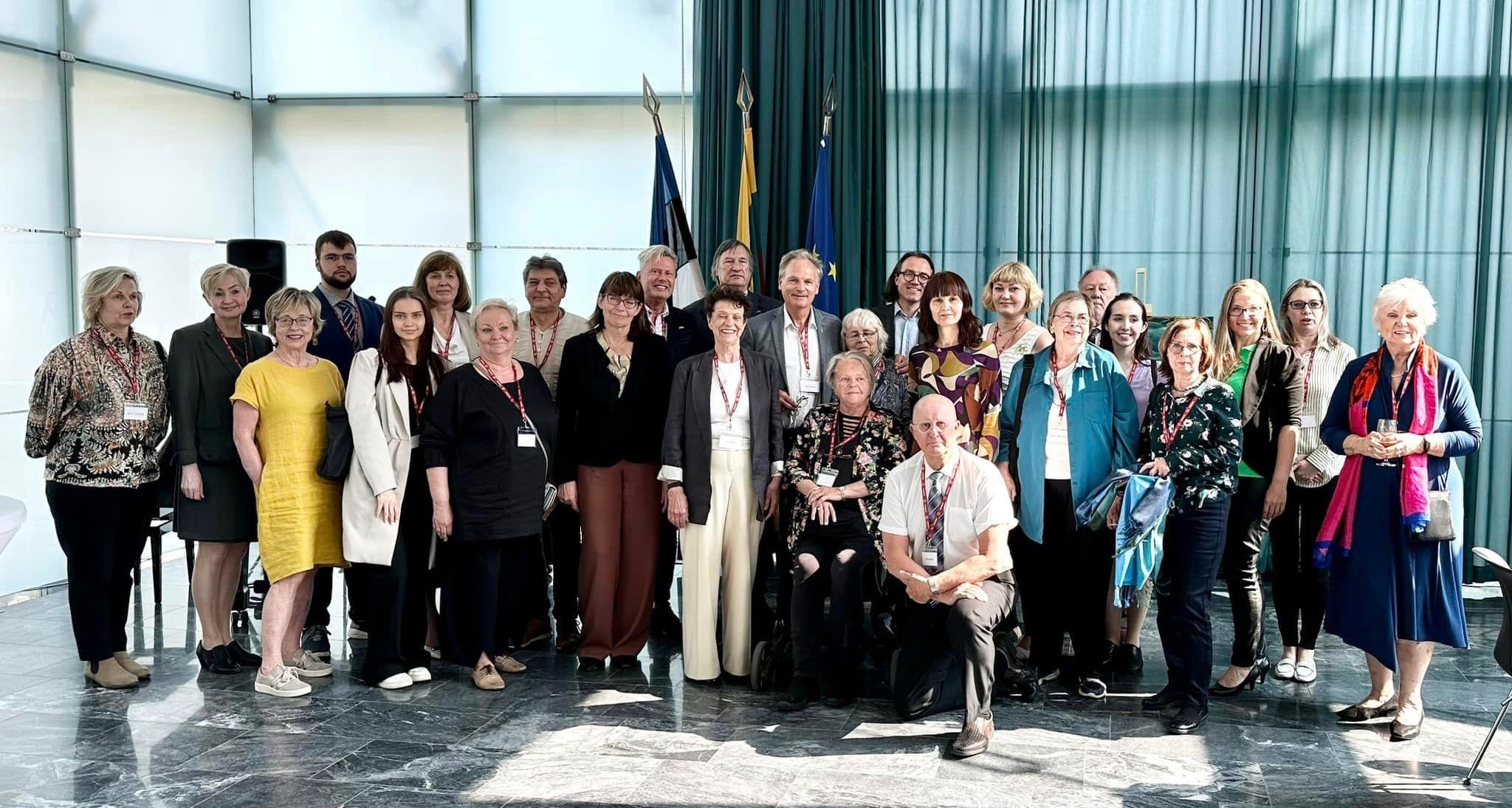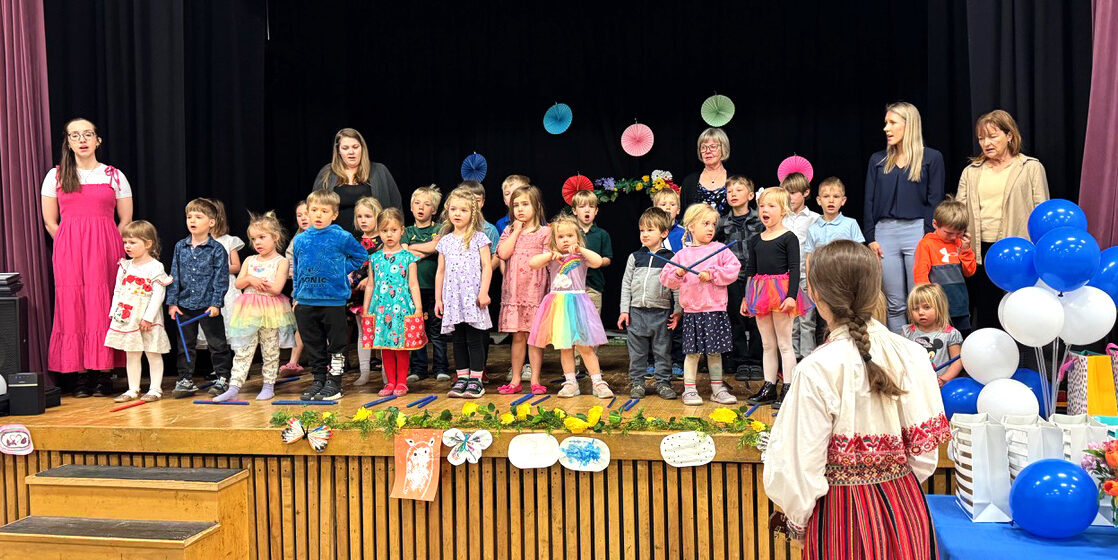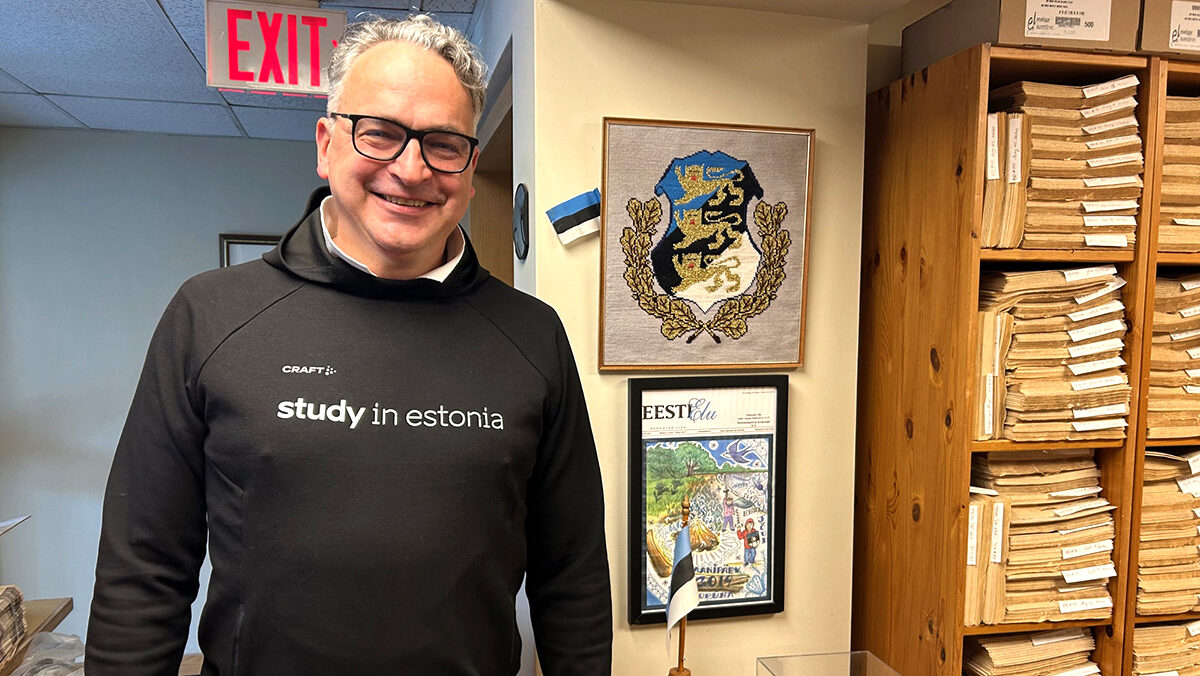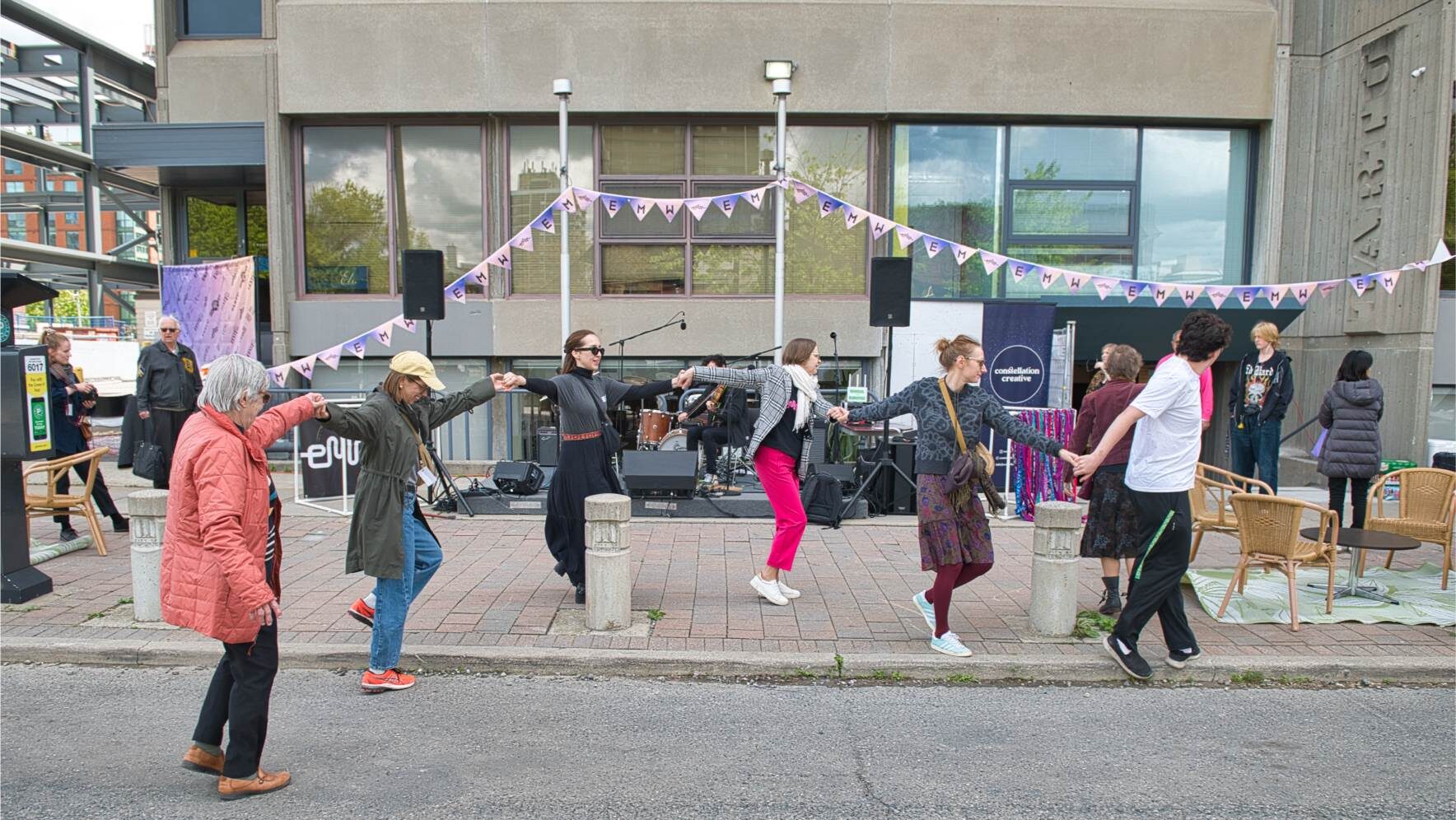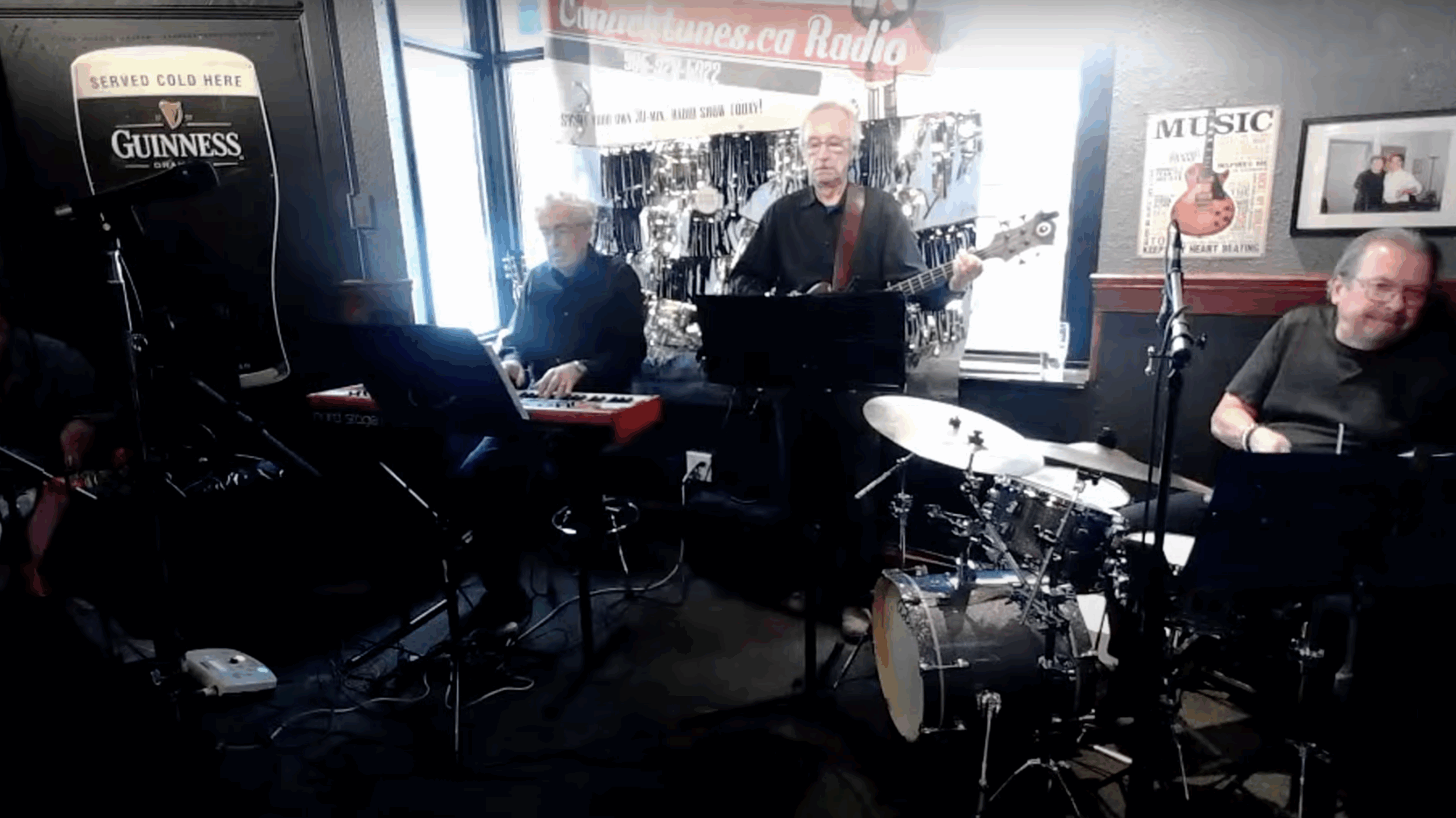As the Cold War dragged on, EKN operated as a beacon of resistance, working together with Estonian diaspora groups across the globe with that singular goal. Reet Marten Sehr, the current Chair of EKN, spoke with Eesti Elu about how this mission connected EKN to Estonian organizations worldwide, forming alliances that played crucial roles in the broader struggle for Estonia’s sovereignty. EKN was a founding member of the Estonian World Council (ÜEKN), an international network established in 1954. “EKN worked hand-in-hand with global Estonian central organizations in countries like the United States, Great Britain, Sweden, Germany, and elsewhere, all sharing the same goal,” she explained. Through this collaboration, the voice of the Estonian diaspora was heard in national and global arenas.
EKN’s achievements during these years were monumental. Through the late 1980s, EKN worked closely with dissidents in occupied Estonia, advocating for their release and amplifying their voices abroad. In March 1990, EKN sent eight delegates, including Marten Sehr, to the Congress of Estonia in Tallinn. The Congress turned to EKN to print Estonian citizen identity cards which provided strong impetus to the ongoing efforts of restoring independence. On August 26th, 1991, Canada was one of the first countries to restore diplomatic ties with Estonia.
“We realized that the future of EKN and other diaspora central organizations lay in the building of a global Estonian network with strong ties to Estonia.”
(Reet Marten Sehr)
In the 1990s, EKN shifted its focus to assisting Estonia in its security and building on its newly restored freedom. As time passed, and having achieved its primary mission, the organization faced an existential question: what now? “EKN had to find a new raison d’être,” said Marten Sehr. “We realized that the future of EKN and other diaspora central organizations lay in the building of a global Estonian network with strong ties to Estonia.” In 2017, EKN initiated the process which ultimately led to the naming of a special ambassador for global Estonians in the Estonian foreign ministry and the Estonian government’s Global Estonian Program.
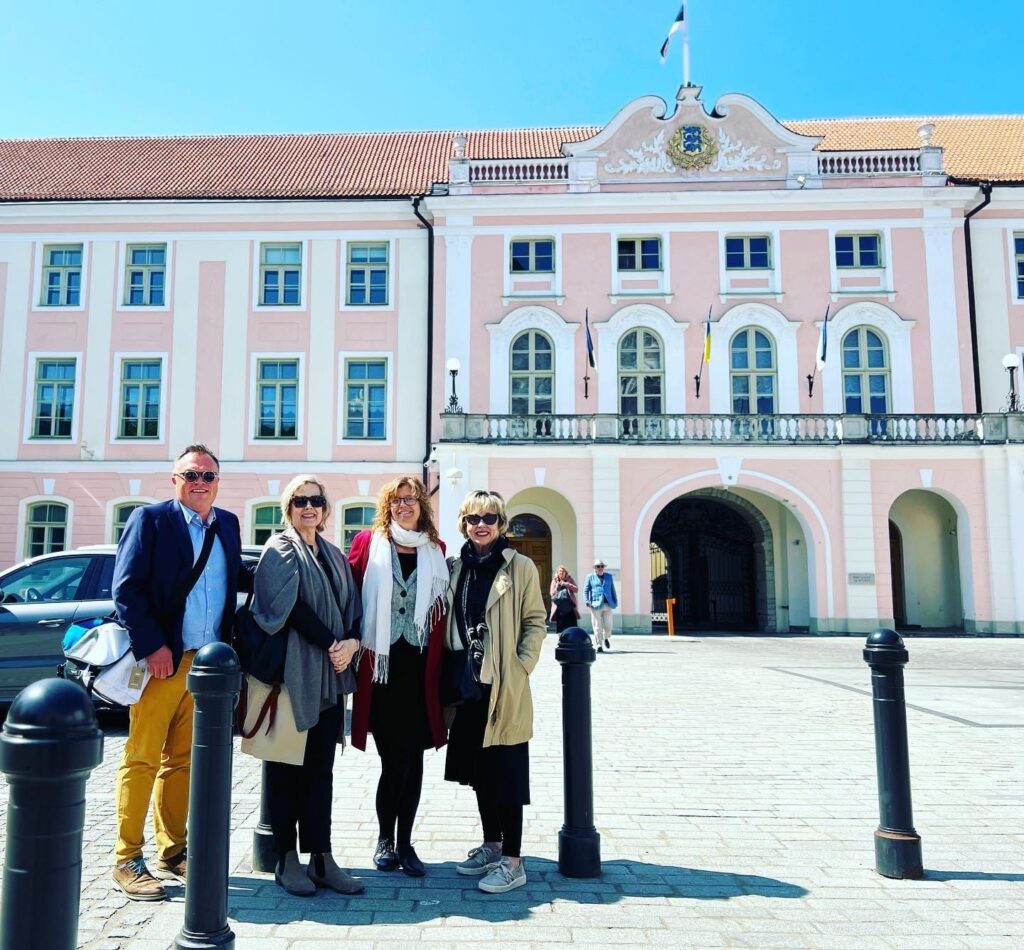
Over the few past years, EKN has worked on reforming its governance structure. Its membership structure has shifted from electing individual candidates to Estonian-Canadian organizations including those outside Toronto, such as the Vancouver Estonian Society, Alberta Heritage Society, and Hamilton Estonian Society. “It’s crucial that EKN reflects the diversity and geographic breadth of our communities,” Marten Sehr says. “Inherently all the work Estonian organizations do is political in nature, whether its teaching language, singing in choirs, folk dancing etc. and especially so, when we share our culture out beyond our own community.”
A broadening of experience among EKN’s board has also been undertaken, such as with the appointment of Andres Kasekamp, Professor of History and the Elmar Tampõld Chair of Estonian Studies at the University of Toronto.
Inclusivity is also reflected in EKN’s efforts to build capacity and sustainability. “We need to bring in younger people, to build an organization that is sustainable for another 70 years,” states Marten Sehr. To this end, EKN has welcomed new board members like Valia Reinsalu, a Vice Principal within the Toronto District School Board, and Paul-Erik Veel, a litigator at Lenczner Slaght. EKN’s focus on fostering leadership among younger members is part of a broader strategy to ensure the organization’s relevance in the future.
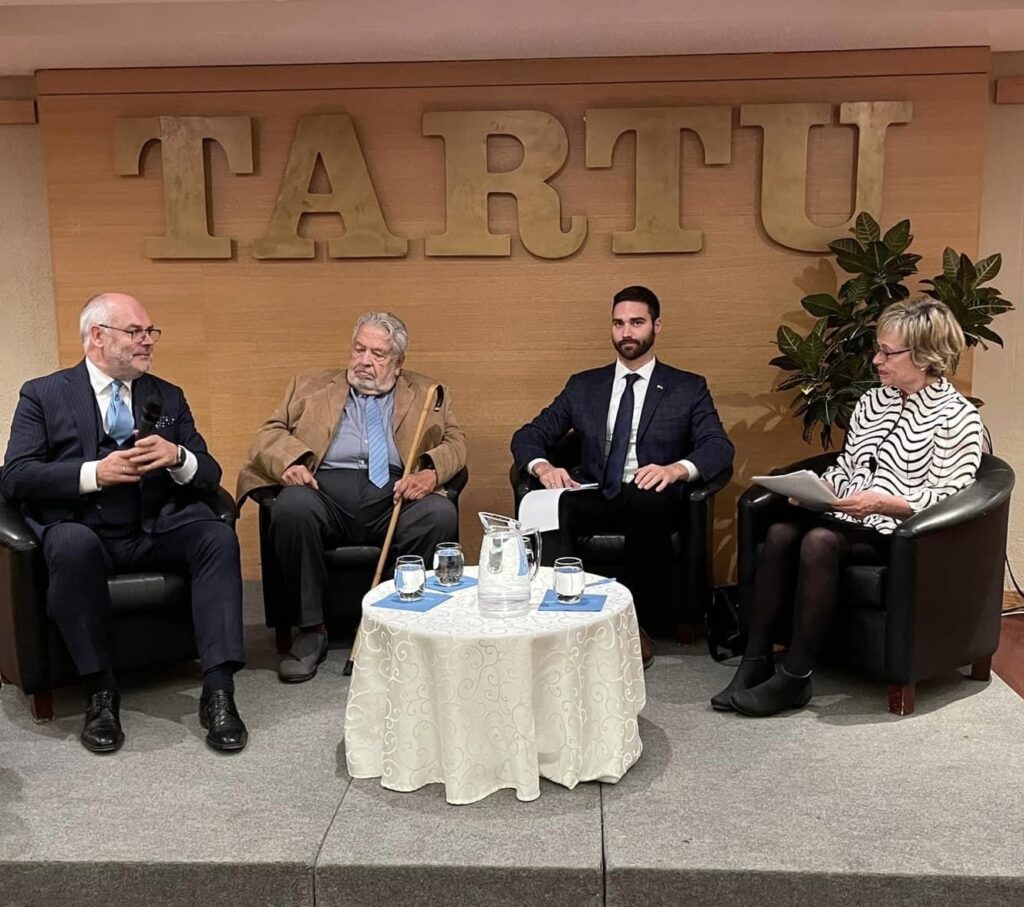
EKN’s work has not been without its challenges. As it looks forward, the organization is concerned about the community’s internal divisions that have surfaced in recent years, particularly regarding the sale of the beloved former Estonian House in Toronto and the recent decision to fund KESKUS International Estonian Centre. “[Selling the Estonian House] was a difficult decision for many, and we all shed a tear or two,” Marten Sehr acknowledges.
“Marten Sehr draws inspiration from former Estonian President Lennart Meri’s words: ‘Eestlus peab olema kui globaalne küla‘ (‘Being Estonian has to be like a global village').”
This controversy reflects deeper tensions within the community, especially as EKN tries to evolve to meet the needs of newer generations while honouring its past. Marten Sehr is frank about the challenges these rifts pose. “Our community is hurting, and that is difficult to watch. It doesn’t serve any of us well if we are split,” she says. However, she remains hopeful that these divisions can be healed through dialogue and mutual respect. “Everybody needs to look within themselves and say ‘the next time I see somebody who I don't necessarily agree with on a certain topic, I'm just going to reach out, talk about something else, and start the process of healing,’” she asserts.
Marten Sehr draws inspiration from former Estonian President Lennart Meri’s words: “Eestlus peab olema kui globaalne küla” (“Being Estonian has to be like a global village”). This concept resonates deeply with EKN’s current mission, even when there are disagreements.
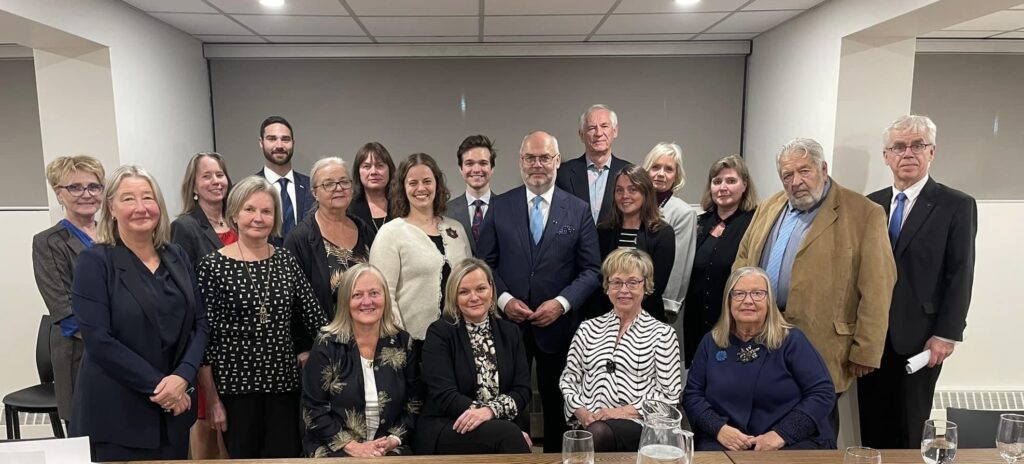
A recent speech by Veiko Parming at the Suurpõgenemine (Great Escape) commemoration in Hamilton further underscored the importance of unity to Marten Sehr. Parming spoke about the evolution of Estonian identity abroad and the need for the diaspora to embrace this change while remaining connected to their roots.
In the coming months, EKN will launch an interview series in Eesti Elu,aimed at profiling its member organizations and their contributions. [Subscribe to Eesti Elu so you don’t miss out on this series.]
As EKN continues to evolve, it’s poised to continue thriving in the ever-changing landscape of diaspora life.
